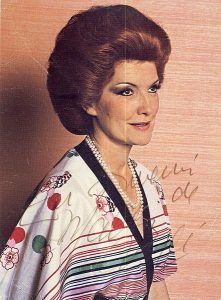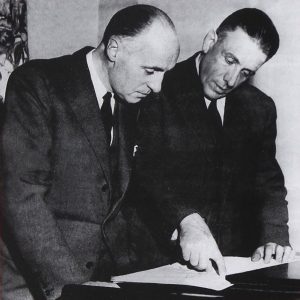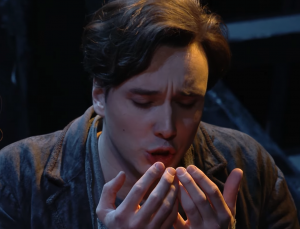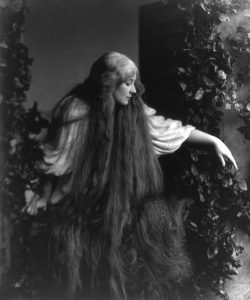Podcast: Play in new window | Download (Duration: 1:46:35 — 118.9MB) | Embed
Subscribe: Spotify | TuneIn | RSS | More
This past March 7 would have been the 94th birthday of the great French coloratura soprano Mady Mesplé. This episode begins a new series of episodes devoted to “Queens of the Night,” the surprisingly wide variety of sopranos who at one time or another sang this role. After a sampling of Mesplé singing this role (in French), we also hear back to back comparisons with Janine Micheau (Mesplé’s teacher) and Mado Robin (one of Mesplé’s most famous predecessors); a Gounod duet with Nicolai Gedda; a stunning avant garde showpiece composed expressly for Mesplé; a series of mélodies by Debussy, Roussel and Ravel; a live late-career performance of Poulenc’s final composition, the dramatic monologue La Dame de Monte-Carlo; an effervescent live 1969 performance of Zerbinetta’s aria; and a deeply moving recording of La Mort de Socrate by Erik Satie. Further proof, if such were needed, of Mesplé’s versatility, virtuosity, and profound musicianship and humanity.
Countermelody is a podcast devoted to the glory and the power of the human voice raised in song. Singer and vocal aficionado Daniel Gundlach explores great singers of the past and present focusing in particular on those who are less well-remembered today than they should be. Daniel’s lifetime in music as a professional countertenor, pianist, vocal coach, voice teacher, and journalist yields an exciting array of anecdotes, impressions, and “inside stories.” At Countermelody’s core is the celebration of great singers of all stripes, their instruments, and the connection they make to the words they sing. By clicking on the following link (https://linktr.ee/CountermelodyPodcast) you can find the dedicated Countermelody website which contains additional content including artist photos and episode setlists. The link will also take you to Countermelody’s Patreon page, where you can pledge your monthly or yearly support at whatever level you can afford.



